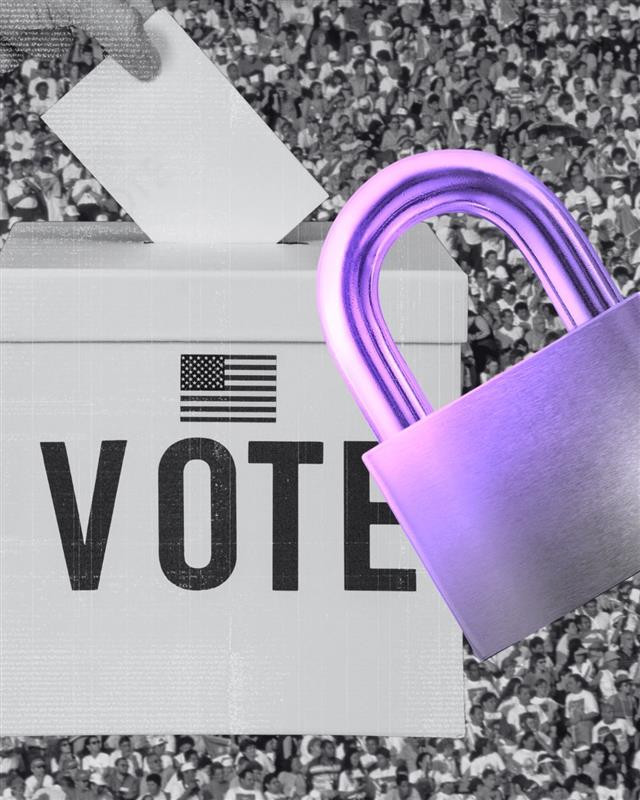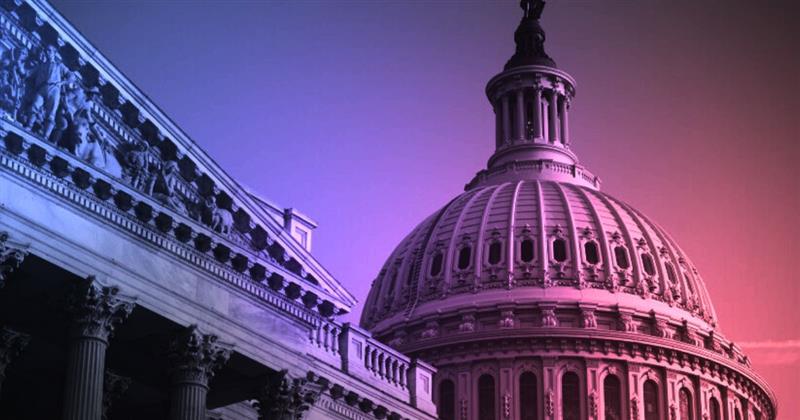The growing disillusionment with American politics is reshaping the electorate
The Big Picture
The United States remains a beacon of opportunity, attracting people from all over the world with its promise of prosperity and personal freedom. Walking through cities like Washington, D.C., one can see the rich diversity that defines this country. Yet, despite these strengths, Americans are increasingly frustrated with the state of our politics.
A growing sense of disillusionment is taking hold, especially among political independents. Recent polling from the Bullfinch Group shows that 80% of independents disapprove of Congress, and nearly 83% view the political climate in a totally negative light. Perhaps most troubling, 66% of independents feel that their voices are not being heard in Washington.
While the United States often champions democratic principles on the global stage, internally, many Americans feel that the political system no longer represents them. The fastest-growing political group in the country is independents—voters who are rejecting the hyper-partisanship of both Republicans and Democrats.
Zooming In
A crisis of representation
The rise of political independents is a direct response to a system that many feel prioritizes partisan games over real governance. Independents are tired of political theater and want leaders who address real issues—economic stability, social reform, and preserving democratic freedoms.
Unlike the extremes of both major parties, most independents hold nuanced views. They care about economic affordability but also recognize the need for social progress. They support free speech but understand that responsible discourse requires reasonable limitations. Their perspectives don’t fit neatly into the rigid platforms of either party, which is why they are searching for political alternatives.
The irony of American democracy
The United States often promotes itself as a global leader in democracy, offering guidance on electoral integrity and governance to nations worldwide. Yet at home, many Americans feel that their political system is failing them. The disconnect between elected officials and the public has led to widespread skepticism, particularly among independents who feel ignored by policymakers.
Bringing empathy back to politics
One of the key takeaways from this shift toward independence is a desire for more constructive political engagement. Many voters are tired of the “team sport” mentality that dominates our discourse, where winning for one side means ensuring the other side loses. Instead, independents seek a return to reasoned debate, compromise, and problem-solving.
Data Snapshot
- 80% of independents disapprove of Congress
- 83% of independents have a negative view of the political climate
- 66% of independents feel unheard by their representatives
- Independents are the fastest-growing political demographic in the U.S.
Independent Lens
Independents are sending a clear message: the political system is broken, and neither major party is addressing the core concerns of voters. They want pragmatic solutions, not partisan battles. They want leaders who listen, not those who cater to the extremes. And most of all, they want a political climate that prioritizes governance over division.
The road to a healthier democracy begins with elected officials recognizing and addressing this growing discontent. The more they ignore independent voters, the more they risk further alienating the very people who are shaping the future of American politics.
If you’re tired of the partisan gridlock and want to support a movement that champions common sense, bipartisanship, and real solutions, join the Independent Center today. Get involved here.


.jpeg)


.jpg)